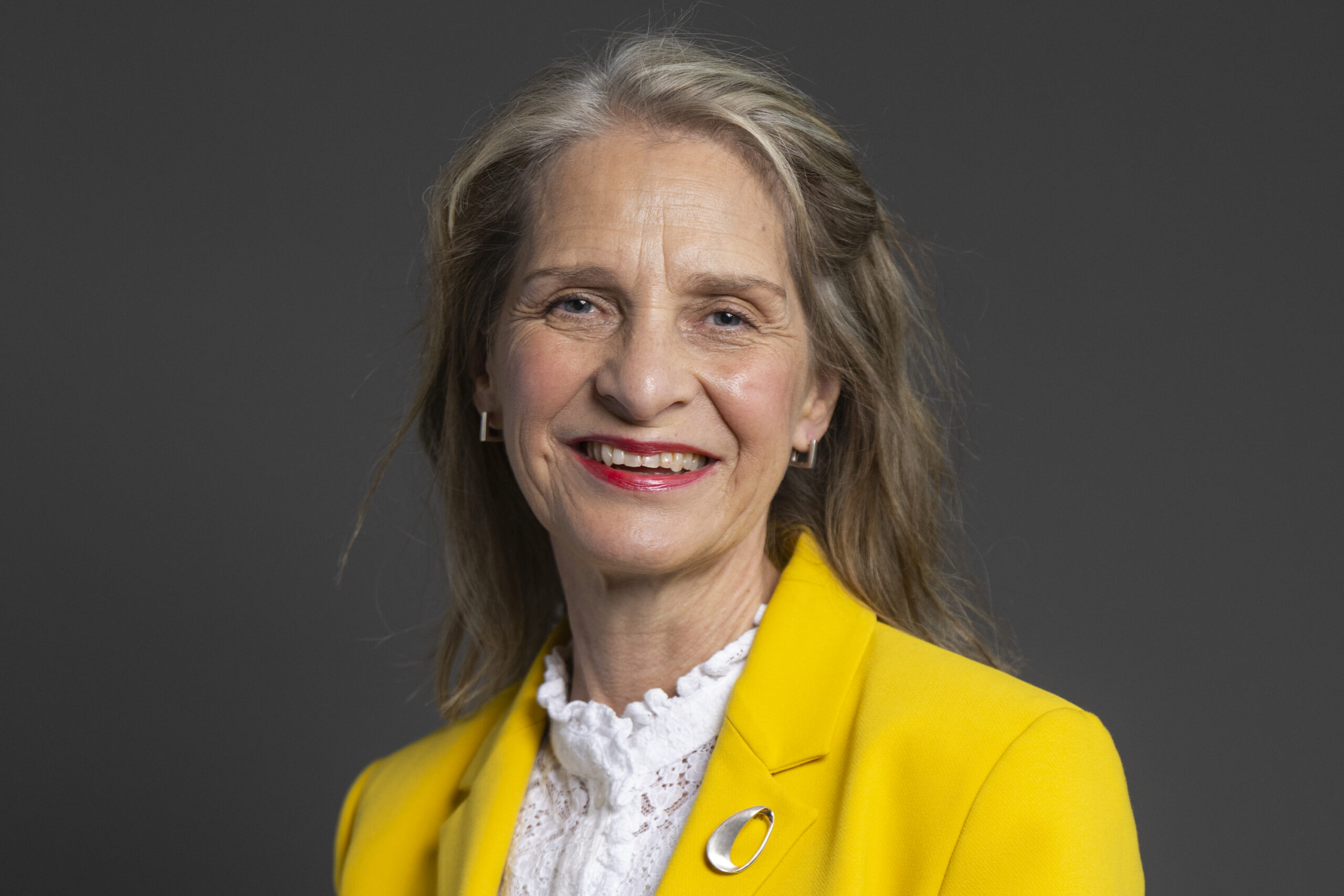Earlier this month, people across the country were devastated to hear about Sir Chris Hoy’s terminal prostate cancer diagnosis. At just 48, the seven-time Olympic Gold medallist revealed that he now has just two to four years left to live. Prostate specific antigen (PSA) tests are not routinely offered to men under 50 without symptoms, but in the early stages of prostate cancer, sufferers often bear no symptoms at all. Sir Chris has urged for this policy to be reviewed, calling lowering the age for a routine test a “no-brainer,” especially for those with a family history of the disease. The Health Secretary has since revealed that the NHS will be actively looking at lowering the screening age for prostate cancer.
One of my constituents recently reached out to me to share a similar experience. In 2021, Lucy was diagnosed with primary breast cancer when she was just 38. She underwent a mastectomy, chemotherapy and radiotherapy before being given the all-clear. Three years later, a self-initiated MRI scan tragically came back showing that her cancer had returned, leading to a diagnosis of secondary breast cancer, which is currently incurable. In both cases, because of her age, she found it a struggle to get diagnosed.
Both prostate and breast cancer share a significant genetic link; family history can create a predisposition to develop the disease. While there are some instances in which screening is recommended for people with a family history of breast cancer from the age of 40, this is only if they are assessed to be at a moderately increased or high risk. Hence, many women with family histories of breast cancer can slip through the cracks.
This was certainly the case for Lucy. Despite a family history of breast cancer and presenting with a lump, at least three different doctors told her that it was “likely to be hormones” and “nothing to worry about”. It was not until she requested a biopsy herself, which ultimately came back showing it was cancer, that the diagnosis was made. The second time, Lucy repeatedly voiced concerns about a symptom she was experiencing, but she was assured that it was a side effect of treatment, with one GP even suggesting that her symptoms were anxiety-driven. It was only when Lucy paid privately for a breast MRI that she was told her cancer had come back – but by then it was too late.
Many women share this same story of struggle – my nephew’s mother died of breast cancer aged just 35. It’s clear the NHS needs better resources to detect cancer early and prevent these heartbreaking stories from repeating. For young women who aren’t offered screening before the age of 40, they must wait for the NHS Breast Screening Programme which invites women to get screened for breast cancer every three years between the ages of 50 and 70. This isn’t good enough. During my Westminster Hall debate on 12th November, I called on the government to review the national breast cancer screening programme and consider the benefits of lowering the age of screening to offer yearly ultrasounds to women as young as 30. Breast cancer accounts for 43% of all cancers diagnosed in women aged 25 to 49. A culture change in our understanding of what a cancer patient looks like is desperately needed to stop the disease before it worsens. It’s time we put in place adequate procedures to recognise that young women get breast cancer too.
I was grateful for the response given by the Health Minister, Karin Symth, during my debate and her recognition of this important issue. However, it was extremely disappointing that she suggested that current evidence does not support offering regular mammograms to women below the age of 50. Detecting cancer in young women earlier can only be a good thing. It’s vital not only for preventing cases from worsening and ensuring patients get the best care available, but it is also essential for stopping fatalities so that young women can go on to live happy, healthy and harm-free lives. Indeed, the earlier breast cancer is detected, the more likely it is to be successfully treated.
Lucy’s case serves as a heartbreaking reminder to take patients’ concerns seriously and to introduce the necessary policy to support early diagnoses and give young women the best chance of survival.


